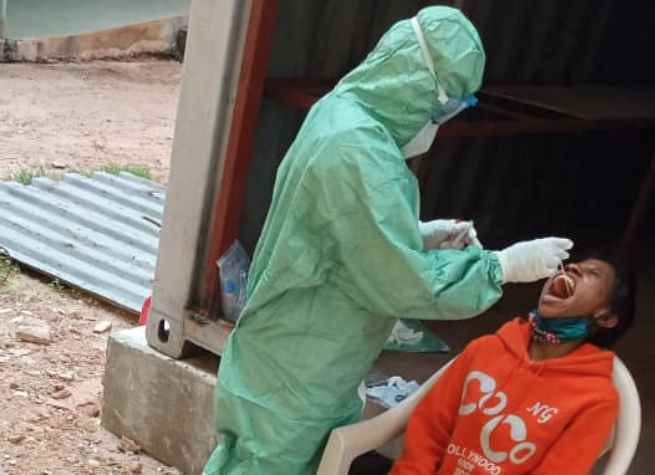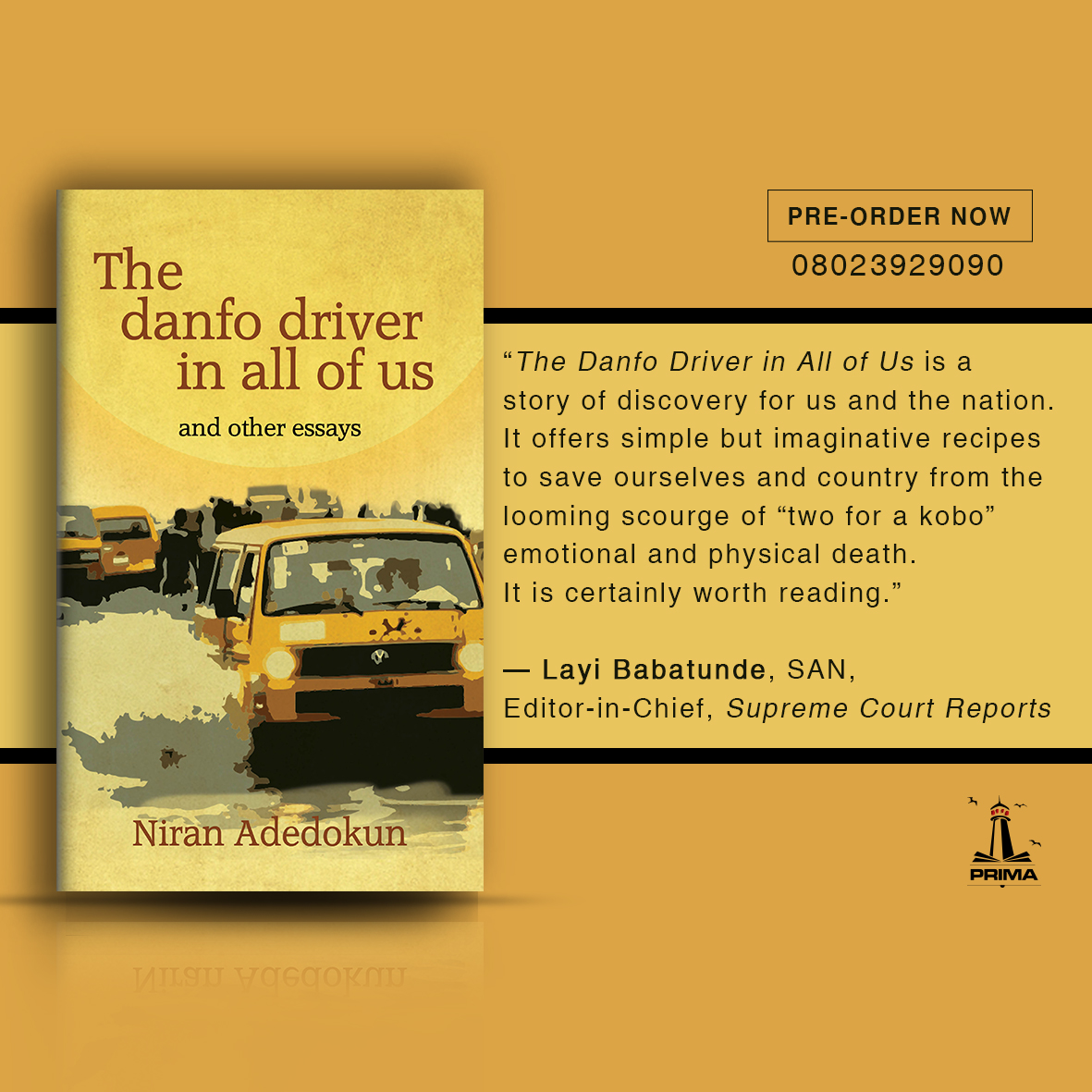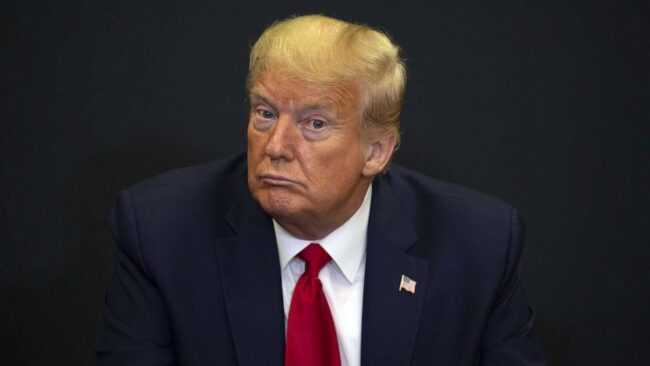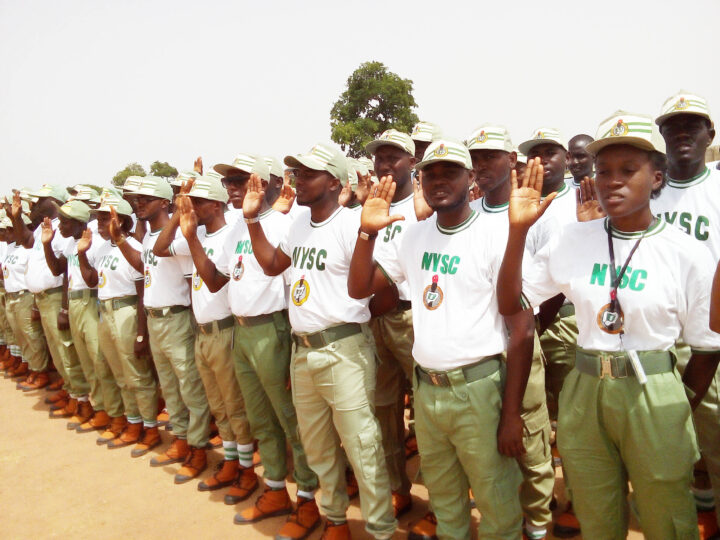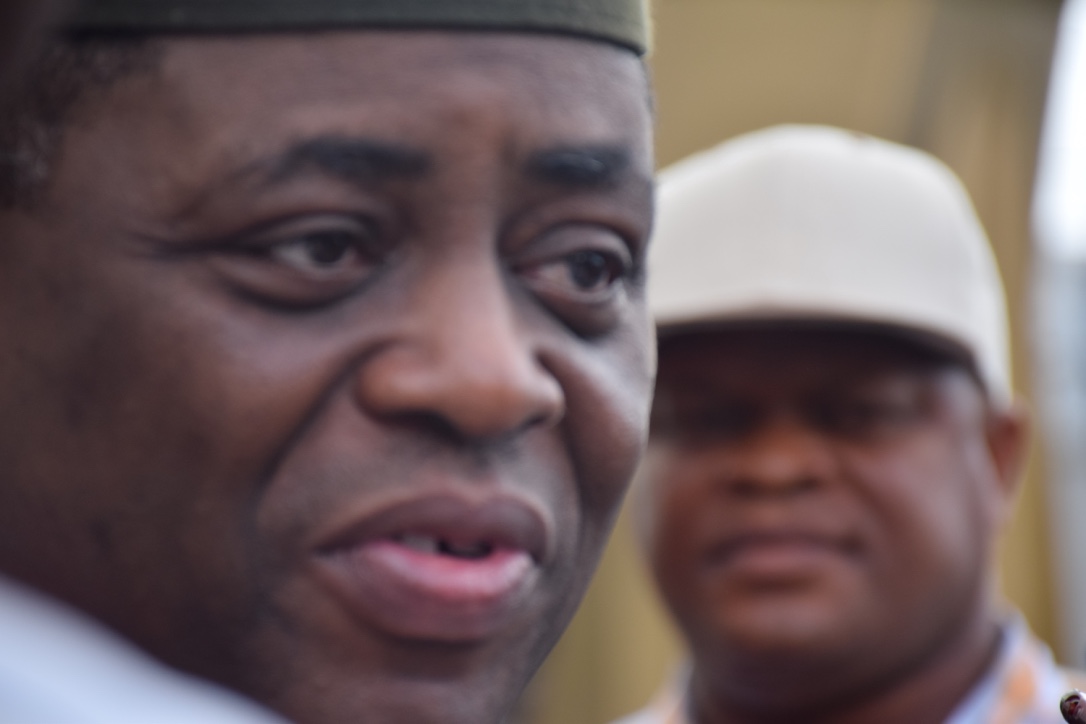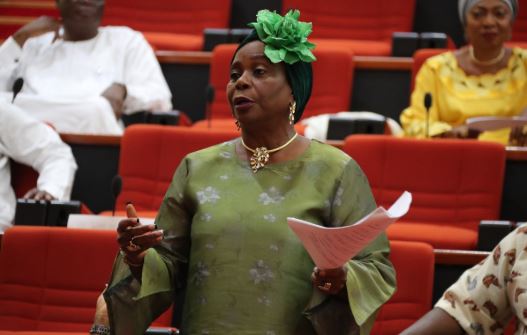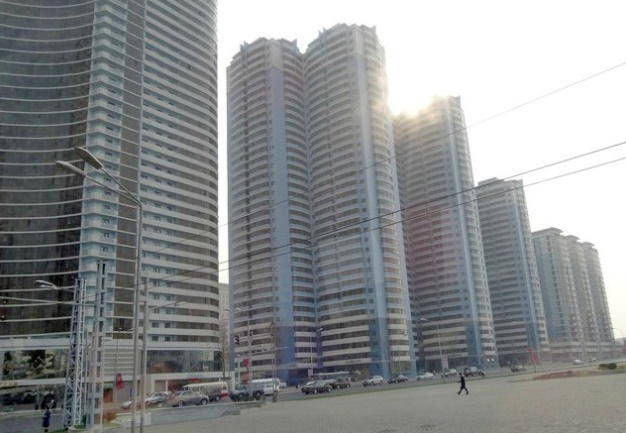BY FATOU SY AND IBRAHIMA AMADOU NIANG
The COVID-19 pandemic is the exception that proves the rule that ‘’tyranny begins where the laws end’’.
West Africa has experienced exceptional situations, often as a result of conflicts or political crises. However, the path that Côte d’Ivoire, Guinea, and Niger are about to follow is fraught with pitfalls as the institutions of democratic governance do not seem adequately prepared. Can we imagine the threats to the political situations if elections were to be postponed because of the pandemic? In Côte d’Ivoire and Niger, where incumbent presidents will not run for re-election, there are arguments that the regimes are trying to orchestrate a transition so that the ruling party can stay in power. In Guinea, where the political situation is tense, there are fears that the President may take advantage of the crisis to pass a third presidential term.
The legal basis for a possible postponement of the elections
Advertisement
In Côte d’Ivoire, the legal framework provides specific provisions for the postponement of elections due to force majeure . These are contained in the Electoral Code (Article 47), organic law No. 2001 – 303 defining the organization and functioning of the Constitutional Council (Article 31) and the Constitution Act 2020-348 (Article 73) which gives the President the prerogative to take the exceptional measures required in case of severe or immediate threats after mandatory consultation with the state institutions’ chairs. On the other hand, it is necessary to note the lack of clarity of clause 73 of the existing Constitution compared to clause 38 of the previous one, which was more precise on cases of natural disasters that could disrupt the electoral operations.
There is no specific legal provisions for the postponement of presidential elections due to force majeure in Guinea and Niger. However, in Guinea, two exceptions are noteworthy: the 60-day deferment of the second round of presidential elections following the death of one of the two candidates and cases of particularly severe circumstances (Article 30 para. 1 and 2 of the Organic Law L/2011/006/CNT of 10 March 2011) and the organic law L/2017/039/AN of 24 February 2017 on the amended electoral code (Art. 2 para. 3) on the role of courts and tribunals for the successful holding of elections. In Niger, the Constitution of 25 November 2011 states that “in no case may a person serve more than two presidential terms or extend his or her term of office on any grounds whatsoever’’ (Art. 47 para. 2). The existing derogations do not specifically refer to cases of force majeure (Articles 67 para 1 , 10 and 62 para. 6 new electoral code ).
The political risks of a possible postponement of the elections
Advertisement
The postponement of the presidential elections could expose the various countries to major political risks. These include i) attempts by both the government and the opposition to use the ‘legal vacuum’ in their favor and ii) a legitimacy crisis at the top of the state and possible conflicts (Guinea and Niger, for instance). In Côte d’Ivoire, the risk exists notwithstanding the specific provisions relating to the postponement of presidential elections. It is made worse by the reconfiguration of the Ivorian political landscape in political and social tensions and the manipulation of citizenship and ethnicity. These are all factors that could lead to an electoral process marked by crises and violence.
Recommendations for effective support for key institutions and actors
In countries where the law provides for explicit legal provisions for managing exceptional situations, measures should be taken to implement them. On the other hand, wherever those statutory provisions remain vague or non-existent (especially for presidential elections), political dialogue is necessary and urgent. In countries like Ghana and Burkina Faso, where presidents are not at the end of their second term, these same challenges could arise. Without support from ECOWAS and UNOWAS in all these countries, the political dialogue to manage exceptional situations related to the postponement of elections will be unlikely to succeed. This dialogue was already tricky in less complicated cases. Therefore, it is inconceivable that it will not be more so in a context that crystallizes so many issues.
Fatou Sy and Ibrahima Amadou Niang work for the Open Society Initiative for West Africa (OSIWA)
Advertisement
Views expressed by contributors are strictly personal and not of TheCable.
Add a comment
